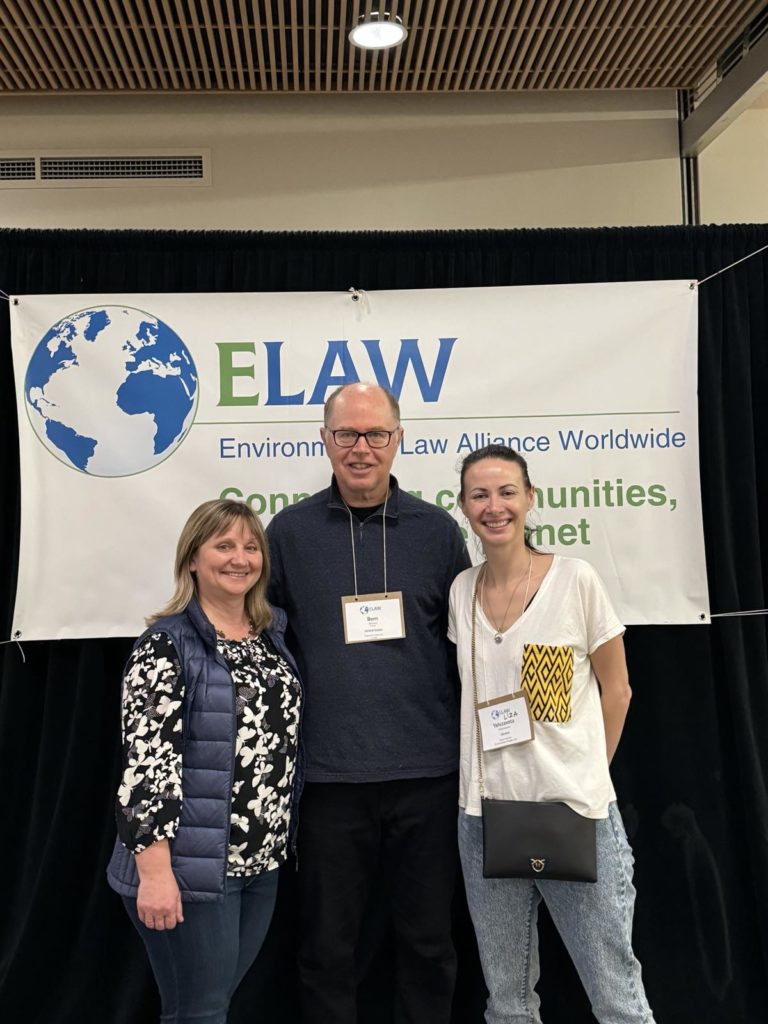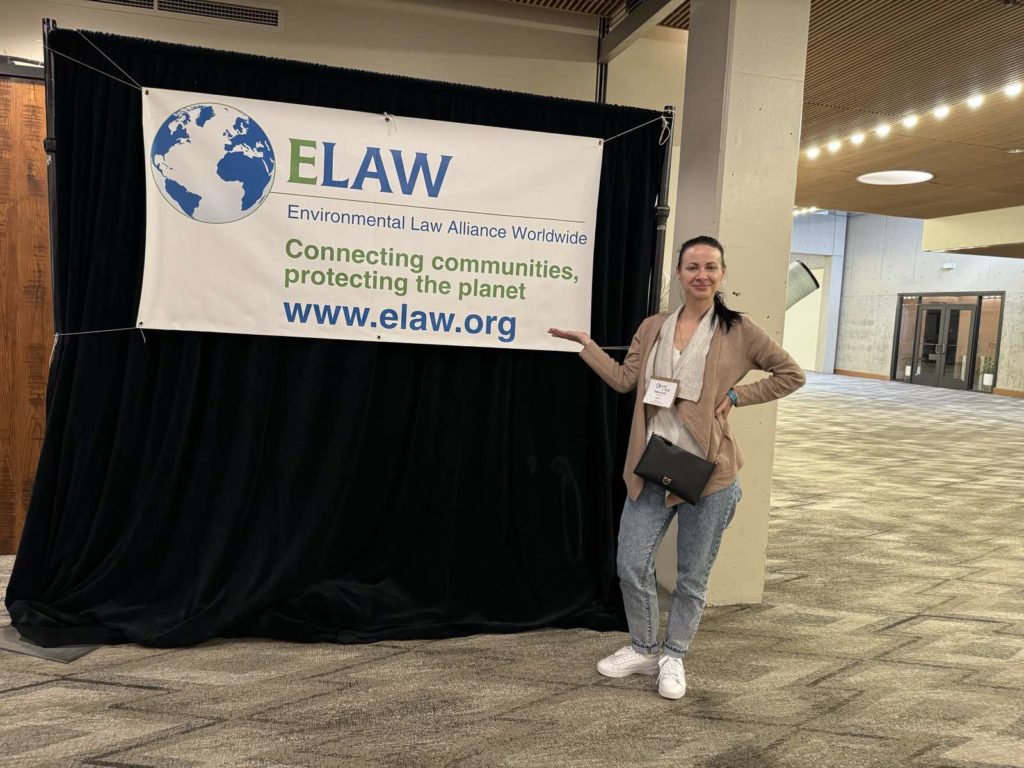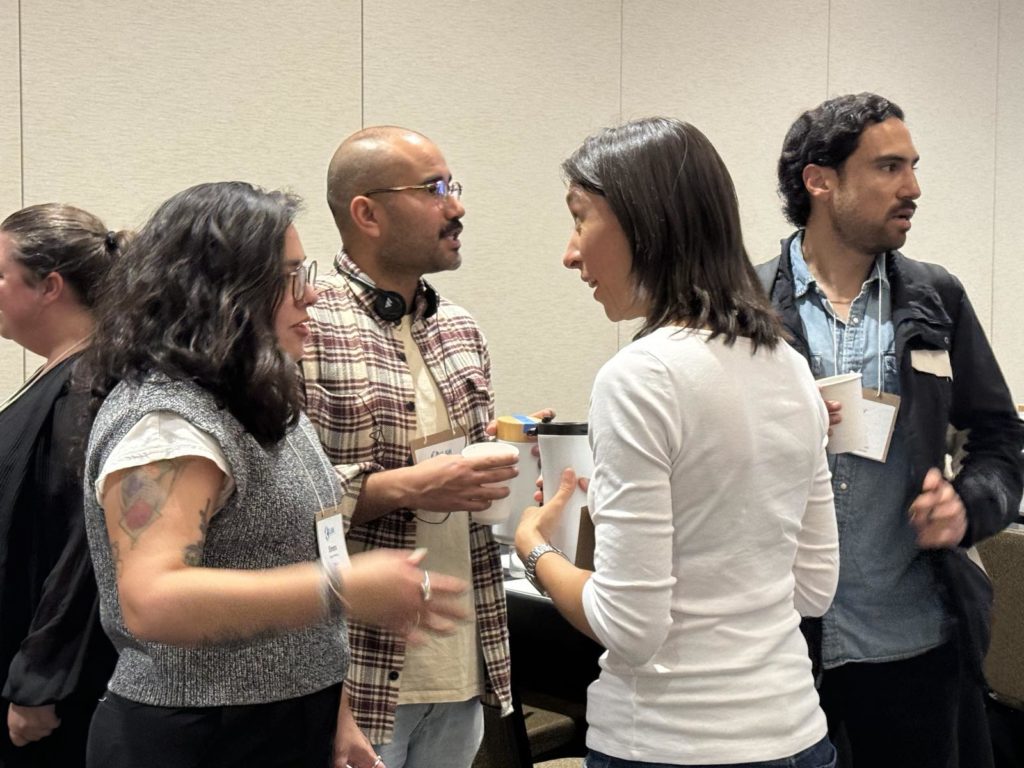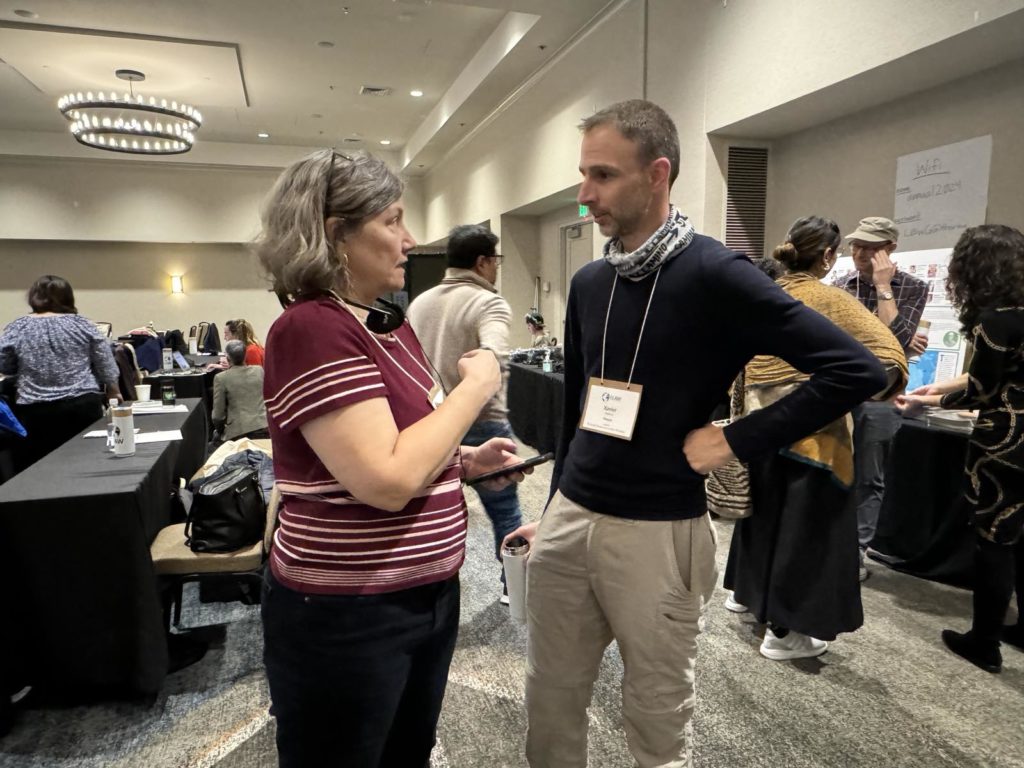The second day of the Annual Meeting of the Environmental Law Alliance Worldwide that is currently taking place in the USA was devoted to environmental impact assessment (EIA). Although the event brought together legal practitioners and scientists from nearly fifty countries across the Americas, Africa, Asia, Australia and Europe, the quality of environmental impact assessment reports was recognized as a common problem shared by many cases in this area. Both lawyers and scientists have noted that although the quality of EIA reports has significantly improved over the past decade, it still remains low. The participants exchanged examples of best practices in the area of methods and approaches for assessing the impact of planned activities on ambient air, water resources and climate.
Among other problems, they talked about the absence in some countries, in particular in Africa, of a legally established possibility for the body that makes a decision based on the results of the review of the environmental impact assessment report to issue a negative decision (the body can only send the report for revision), the difficulties for communities to appeal the decision on environmental impact assessment, as well as limited court’s ability to delve into complex scientific matters.
At the same time, it was interesting to hear about vivid examples of solving these problems in certain countries. For example, in India environmental impact assessment cases are considered not only by legal judges, but also by scientific experts. This approach gives the court an opportunity to consider the case not only from a procedural point of view, but also from the point of view of completeness and reasonableness of conclusions of environmental impact assessment reports as well as decisions taken on their basis by relevant national authorities.
Our colleagues from the Philippines shared their experience of combining an environmental impact assessment tool with the concept of Free, Prior, and Informed Consent (FPIC). FPIC is a special right granted to indigenous peoples, recognized in the United Nations Declaration on the Rights of Indigenous Peoples (UNDRIP), which correlates with their universal right to self-determination. FPIC allows indigenous peoples to grant or refuse/revoke consent at any time for projects affecting their territories. FPIC allows indigenous peoples to participate in negotiations on the design, implementation, monitoring and evaluation of projects.
After a heated discussion all participants came to the conclusion that, despite procedural problems and problems with the quality of EIA reports, this tool remains quite effective and helps to find a balance between all interested parties and minimize impact on the environment.





